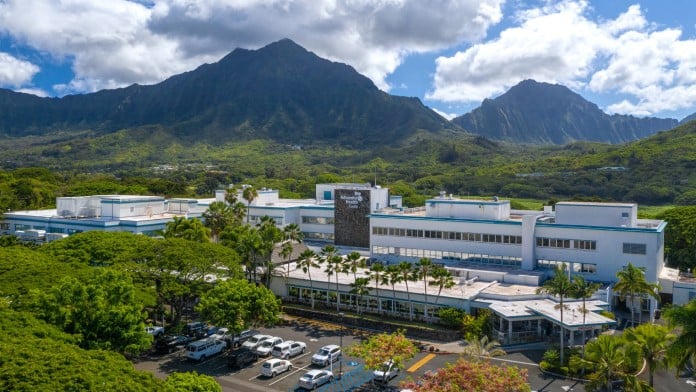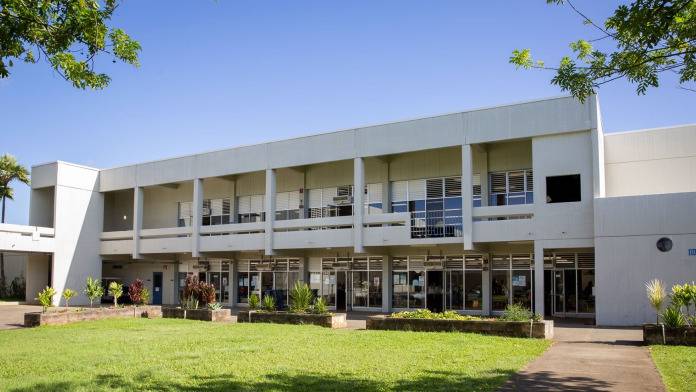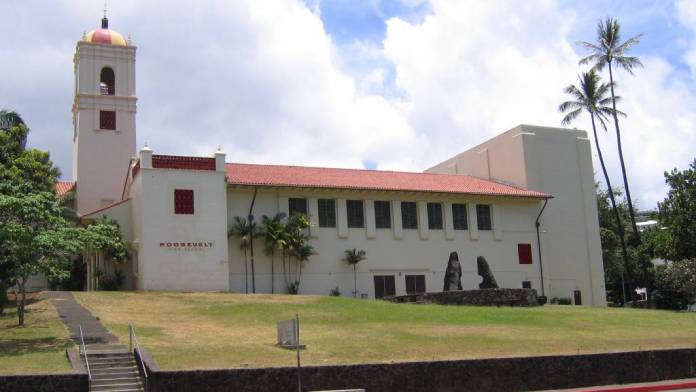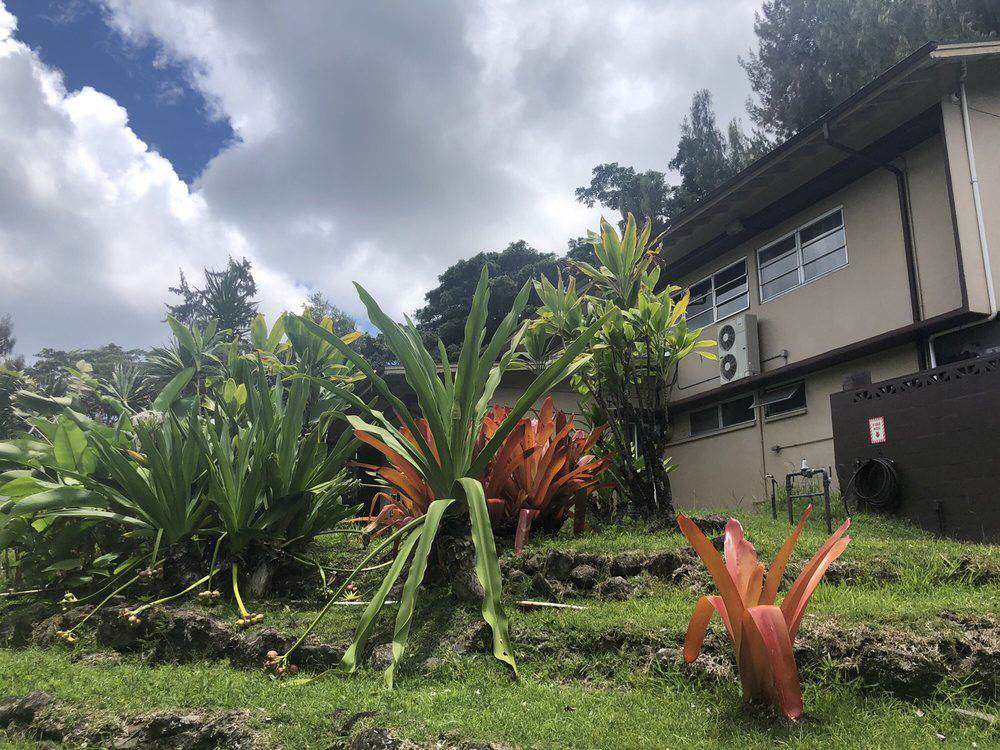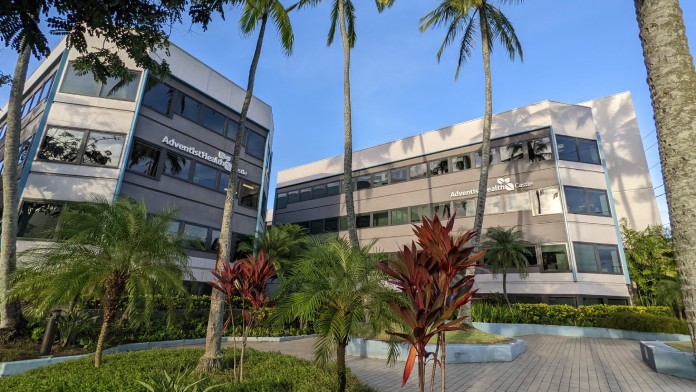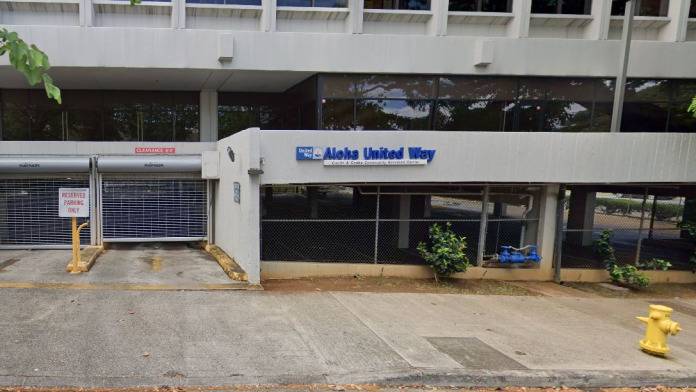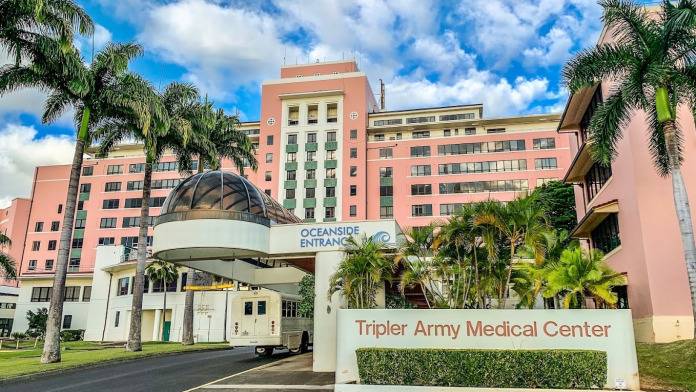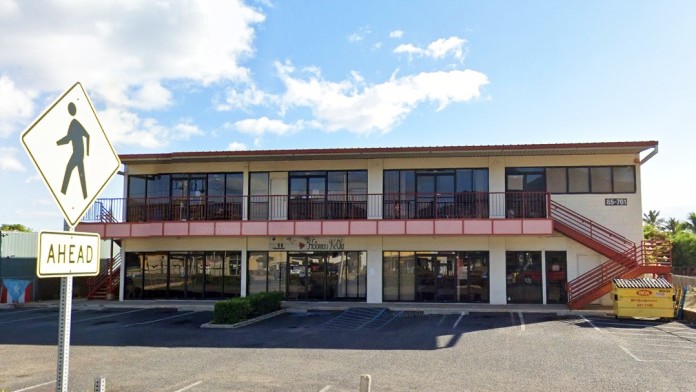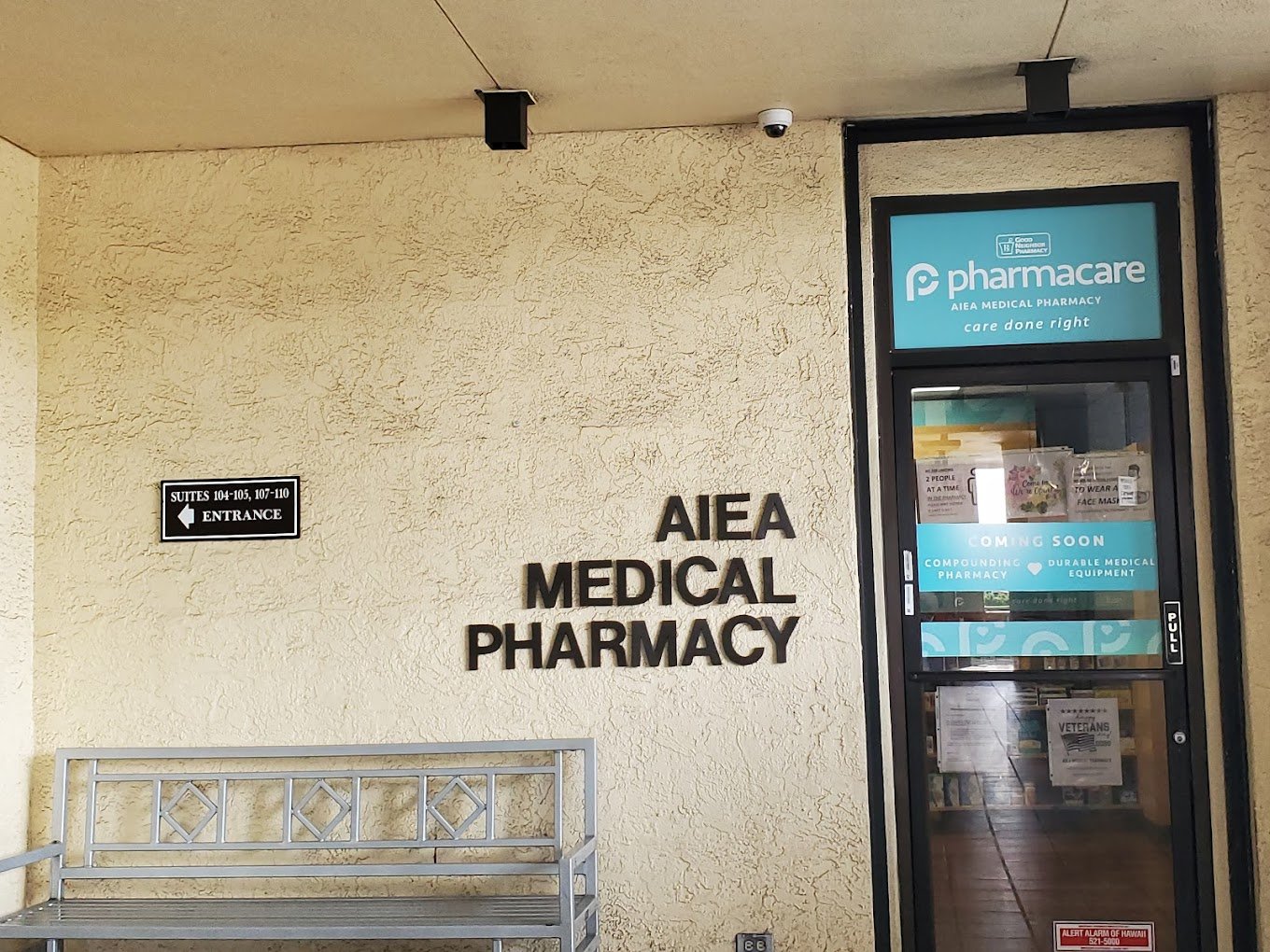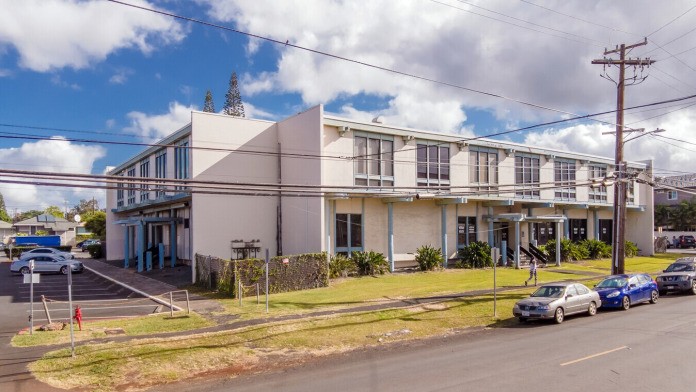I find it kinda sad that there is people in the social work field that are not caring or professional. Some nurses in this palce act in a manner that is bullying and immature I would say. Administration should check on this
About Outpatient Behavioral Health Services – The Queen’s Medical Center
Queen’s Day Treatment Services is one of Hawaii’s leading outpatient behavioral health providers. The facility is located on Nuuanu Avenue in Honolulu, within Honolulu County, Hawaii. They provide focused care for adults and adolescents diagnosed with substance use disorders, mental health issues and dual diagnosis. They deliver compassionate care that is safe and timely in a nurturing environment that inspires recovery and lasting sobriety. They offer crisis support and stabilize acute psychiatric and dually diagnosed conditions. Their recovery focused and supportive services enable equip patients with the tools to live and thrive in the community.
Recovery Near Downtown Honolulu
This location is a minute walk from downtown Honolulu and Liliʻuokalani Botanical Garden. The facility is also within two miles north of the popular Ala Moana Beach Park and five miles southeast of Nuuanu Pali Lookout with its scenic view of the windward coast. These natural attractions add to the area’s charm and are worth a visit during your healing journey here.
Recovery Support for Adolescents
Queen’s Day Treatment Services offers partial hospitalization (PHP) and intensive outpatient programs (IOP) for adolescents aged between 12 and 17 who are dealing with substance misuse and psychiatric conditions. These programs help teens navigate behavioral challenges while maintaining productivity in school and in the community. Services include academic and educational support and coordination with the school.
Clinically proven practices like cognitive behavioral therapy and dialectical behavioral therapy are delivered in group and individual sessions. This helps teens develop coping skills, manage emotions and build healthier thought patterns for sustained recovery.
Family therapy is also an important component of the program to strengthen relationships and create a supportive environment at home. Psychiatric care like medication prescriptions and monitoring is provided as well. The program also includes substance use & illness education and anger management classes. PHP is more structured and involves five days per week of therapy with intense supervision by the therapist. IOP is a step-down option involving three therapy sessions weekly schedules via telehealth to enhance comfort. Day Treatment Services offers nutritious lunches and other essential supplies.
Recovery Support For Adults
Day Treatment Services offers IOP three days a week for adults diagnosed with dual diagnosis. This recovery-focused program is geared towards establishing & maintaining sobriety, managing psychiatric symptoms and improving social functioning and relationships. Patients attend individual and group therapy to gain practical life skills that support relapse prevention. The program also includes cognitive restructuring, occupational therapy and work readiness training that prepares you to excel in the labor market.
The program integrates the 12-step practices of Alcoholics Anonymous and you’re required to attend meetings to strengthen your support network. Patients are subject to random urine drug screening during recovery to monitor progress and compliance with treatment guidelines. The facility also offers community transition programs for adults. This short-term treatment promotes one’s ability to function optimally in a community setting.
The program involves intensive evidence based therapy, psychoeducational classes and work readiness programs. Emphasis is placed on leveraging community resources to build a support network that facilitates lasting healing. Transportation to and from the program may be provided and some programs may include lunches in daily treatment sessions. The facility also offers anger management courses, domestic violence counseling and much more.
Latest Reviews
Rehab Score
Gallery
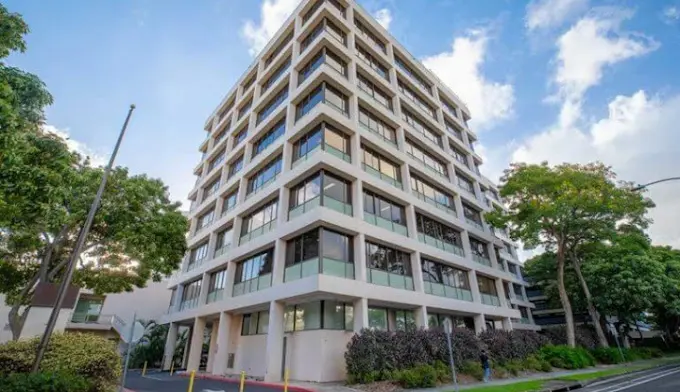
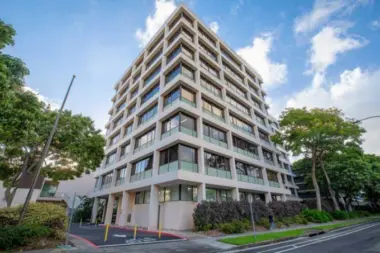
Accepted Insurance
Other Forms of Payment
Private insurance refers to any kind of healthcare coverage that isn't from the state or federal government. This includes individual and family plans offered by an employer or purchased from the Insurance Marketplace. Every plan will have different requirements and out of pocket costs so be sure to get the full details before you start treatment.
Self-pay involves paying for treatment out of your own pocket. You can use savings or credit, get a personal loan, or receive help from family and friends to fund your treatment. If you don't have insurance or your insurance plan doesn't cover a specific program, self-pay can help ensure you still get the care you need.
Financial aid can take many forms. Centers may have grants or scholarships available to clients who meet eligibility requirements. Programs that receive SAMHSA grants may have financial aid available for those who need treatment as well. Grants and scholarships can help you pai for treatment without having to repay.
Medicare is a federal program that provides health insurance for those 65 and older. It also serves people under 65 with chronic and disabling health challenges. To use Medicare for addiction treatment you need to find a program that accepts Medicare and is in network with your plan. Out of pocket costs and preauthorization requirements vary, so always check with your provider.
Medicaid is a state based program that helps lower-income individuals and families pay for healthcare. Medicaid covers addiction treatment so those enrolled can use their coverage to pay for rehab. When a program accepts Medicaid the client often pays very little or nothing out of their own pocket.
Military members, veterans, and eligible dependents have access to specific insurance programs that help them get the care they need. TRICARE and VA insurance can help you access low cost or no cost addiction and mental health treatment. Programs that accept military insurance often have targeted treatment focused on the unique challenges military members, veterans, and their families face.
Private insurance refers to any kind of healthcare coverage that isn't from the state or federal government. This includes individual and family plans offered by an employer or purchased from the Insurance Marketplace. Every plan will have different requirements and out of pocket costs so be sure to get the full details before you start treatment.
Addiction Treatments
Levels of Care
Outpatient Programs (OP) are for those seeking mental rehab or drug rehab, but who also stay at home every night. The main difference between outpatient treatment (OP) and intensive outpatient treatment (IOP) lies in the amount of hours the patient spends at the facility. Most of the time an outpatient program is designed for someone who has completed an inpatient stay and is looking to continue their growth in recovery. Outpatient is not meant to be the starting point, it is commonly referred to as aftercare.
Intensive Outpatient Programs (IOP) are for those who want or need a very structured treatment program but who also wish to live at home and continue with certain responsibilities (such as work or school). IOP substance abuse treatment programs vary in duration and intensity, and certain outpatient rehab centers will offer individualized treatment programs.
Rehab aftercare programs ensure clients' continued access to personalized care after the completion of formal addiction treatment. Case managers and recovery teams assess clients' needs and goals and identify the rehab aftercare services to best support clients' sustained sobriety. Clients may receive a variety of services to facilitate their successful reintegration into their home, workplace, and community, including peer coaching, career counseling, and 12 step program induction, among other programs.
12 step programs promote long-term sobriety through a process of personal growth rooted in spiritual principles. Participants work through the 12 steps by learning to define and address the root causes of their addiction, to take responsibility for their choices and actions, and to relinquish control over that which cannot be changed. Participants attend regular, anonymous 12 step meetings and are mentored by a self-selected sponsor. Specialized formats, including age and gender specific groups, are available.
For anyone struggling with substance abuse but reluctant to seek help, a drug intervention in Hawaii can help to provide that essential motivation. Drug intervention services provide a professional interventionist to assist families with this process. The interventionist helps the individual understand the extent of the damage caused by substance abuse and how treatment works. This clinical perspective can be a helpful addition to the family's personal expressions of concern.
Medical detox is the safest way to help rid your body of addictive substances. It takes place in an inpatient setting under the supervision of licensed medical professionals who monitor your vitals and provide any necessary medications to alleviate potential withdrawal symptoms. Typically, this is the first step in the addiction recovery process, and it is often followed by inpatient treatment.
Inpatient rehab enables clients to remove themselves from the distractions, stressors, and triggers of the outside world while they focus exclusively on their recovery. Clients receive housing, meals, and access to medical and mental health care as they regain stability, particularly following detox. They also engage in extensive psychotherapy, which may include group and family therapy as well as individual counseling. Many programs also offer holistic treatment and/or recovery-focused life skills training.
A partial hospitalization program (PHP) provides short-term intensive rehab for those who don't require 24-hour care. You can commute to and from treatment each day, giving you the flexibility to continue your daily activities while receiving care. Typical PHPs require you to attend a minimum of 20 hours weekly for an average of 90 days. While costs can vary, PHP treatment is often fully covered by insurance. PHP treatment offers comprehensive therapy sessions that may include medication management and relapse prevention strategies.
Treatments
The goal of treatment for alcoholism is abstinence. Those with poor social support, poor motivation, or psychiatric disorders tend to relapse within a few years of treatment. For these people, success is measured by longer periods of abstinence, reduced use of alcohol, better health, and improved social functioning. Recovery and Maintenance are usually based on 12 step programs and AA meetings.
Drug rehab in Hawaii is for individuals suffering from substance use disorders. Treatment addresses the many issues involved with addiction, typically through a combination of medical and psychotherapy treatments.
Many of those suffering from addiction also suffer from mental or emotional illnesses like schizophrenia, bipolar disorder, depression, or anxiety disorders. Rehab and other substance abuse facilities treating those with a dual diagnosis or co-occurring disorder administer psychiatric treatment to address the person's mental health issue in addition to drug and alcohol rehabilitation.
Opioid rehabs specialize in supporting those recovering from opioid addiction. They treat those suffering from addiction to illegal opioids like heroin, as well as prescription drugs like oxycodone. These centers typically combine both physical as well as mental and emotional support to help stop addiction. Physical support often includes medical detox and subsequent medical support (including medication), and mental support includes in-depth therapy to address the underlying causes of addiction.
Substance rehabs focus on helping individuals recover from substance abuse, including alcohol and drug addiction (both illegal and prescription drugs). They often include the opportunity to engage in both individual as well as group therapy.
Programs
Adult rehab programs include therapies tailored to each client's specific needs, goals, and recovery progress. They are tailored to the specific challenges adult clients may face, including family and work pressures and commitments. From inpatient and residential treatment to various levels of outpatient services, there are many options available. Some facilities also help adults work through co-occurring conditions, like anxiety, that can accompany addiction.
Young adulthood can be an exciting, yet difficult, time of transition. Individuals in their late teens to mid-20s face unique stressors related to school, jobs, families, and social circles, which can lead to a rise in substance use. Rehab centers with dedicated young adult programs will include activities and amenities that cater to this age group, with an emphasis on specialized counseling, peer socialization, and ongoing aftercare.
Teen programs are designed to address the unique pressures teens face, pressures that can drive them to experiment with dangerous, addictive substances. They need programs that meet them exactly where they are and give them tools for long-term recovery. Therapy can help teenagers understand and work through underlying issues so they can reclaim the life ahead of them.
The providers who specialize in the children's rehab space understand the specialized needs that this population faces. School-based and social services such as tutoring and family counseling are often central to treatment. Child programs may also address the needs of youth experiencing substance abuse in the home, including a parent's or sibling's addiction.
Clinical Services
During cognitive behavioral therapy in Hawaii, patients learn about their mental and behavioral health conditions and then learn techniques to help them change their patterns of thinking and behavior. Tools such as stress management, coping, and assertiveness are used to break free from patterns of substance abuse.
During dialectical behavior therapy in Hawaii, you'll focus on developing skills that allow you to manage daily life challenges. The main areas of focus are emotional regulation, interpersonal effectiveness, distress tolerance, and mindfulness.
Group therapy is any therapeutic work that happens in a group (not one-on-one). There are a number of different group therapy modalities, including support groups, experiential therapy, psycho-education, and more. Group therapy involves treatment as well as processing interaction between group members.
Customized individual therapy programs involve one on one sessions with a therapist to address the psychological aspects of addictive behavior. Your therapist uses evidence based treatment modalities to help you develop healthy coping strategies and manage addiction triggers within the community.
Motivational interviewing is simply a conversation about change. The therapist seeks to encourage the client's personal motivation to change and collaborate with them to make a commitment to change. This technique is often used in drug rehab therapy in Hawaii.
Trauma therapy addresses traumatic incidents from a client's past that are likely affecting their present-day experience. Trauma is often one of the primary triggers and potential causes of addiction, and can stem from child sexual abuse, domestic violence, having a parent with a mental illness, losing one or both parents at a young age, teenage or adult sexual assault, or any number of other factors. The purpose of trauma therapy is to allow a patient to process trauma and move through and past it, with the help of trained and compassionate mental health professionals.
During couples therapy in Hawaii, your therapist may borrow techniques from multiple forms of therapy based on your needs. Methods may include cognitive behavioral therapy and emotionally focused therapy. The ultimate goal of treatment is a stronger relationship.
Family therapy engages members in a collective effort to understand and combat addiction. Therapists help families establish healthy boundaries and improve emotional support systems. By working together, family members can help their loved one sustain long term recovery.
During treatment, you'll work on strengthening any life skills you'll need after rehab. These may include interpersonal communication, finding a job, managing finances, and coping with stress. These skills cover the basic tasks you'll need to accomplish to successfully maintain sobriety.
Amenities
-
Private Transportation
-
Private Rooms
Staff & Accreditations
Staff
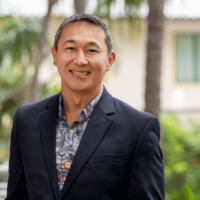
Jason C. Chang
President & CEO, The Queen’s Health Systems & President, The Queen’s Medical Center

Naleen Naupaka Andrade, MD
Executive VP of Native Hawaiian Health & Chief Diversity, Equity, Inclusion & Social Justice (DEIJ) Officer, The Queen’s Health Systems

George Bruno, MD, MBA
President, Queen’s University Medical Group and Executive Vice President, The Queen’s Health Systems
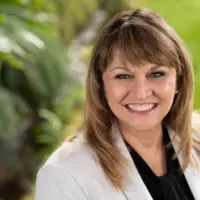
Darlena Chadwick, MBA, MSN, FACHE
Executive VP & COO, The Queen’s Health Systems
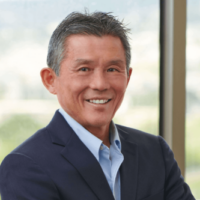
Whitney Limm, MD, FACS
Executive VP of Clinical Integration & Chief Physician Executive, The Queen’s Health Systems
Accreditations

State Licenses are permits issued by government agencies that allow rehab organizations to conduct business legally within a certain geographical area. Typically, the kind of program a rehab facility offers, along with its physical location, determines which licenses are required to operate legally.
State License: Hawaii

The Joint Commission, formerly known as JCAHO, is a nonprofit organization that accredits rehab organizations and programs. Founded in 1951, the Joint Commision's mission is to improve the quality of patient care and demonstrating the quality of patient care.
Joint Commission Accreditation: Yes
Contact Information
Kaheiheimalie Building
1374 Nuuanu Ave
Honolulu, HI 96817
